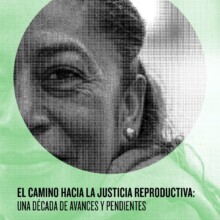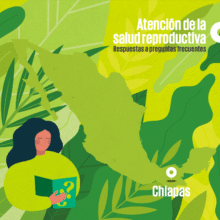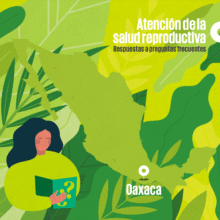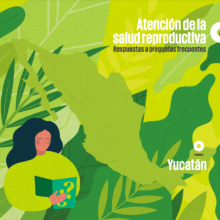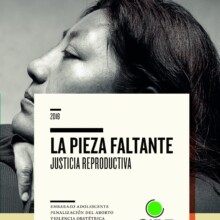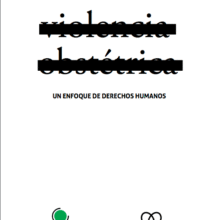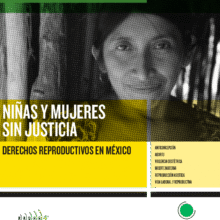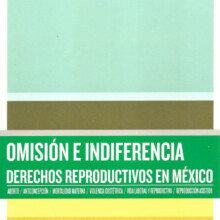Obstetric violence is a specific form of violence against women and people with gestational capacity that constitutes a human rights violation. It is experienced in the obstetric care field, in both the public and private sectors. It consists of any action or omission by National Health System staff that causes physical or psychological harm during pregnancy, childbirth and puerperium. Any action or omission that results in a lack of access to reproductive health services, cruel, inhuman or degrading treatment, or an abuse of medicalization.
Obstetric violence can be physical and/or psychological. Among the most common examples are invasive practices, such as cesarean sections when performed without justification, non-consensual or forced sterilization, the unjustified supply of medications, the delay in emergency medical care or the lack of respect for delivery times. Among the second are discriminatory acts, use of offensive, humiliating or sarcastic language, lack of timely information about the reproductive process and dehumanizing treatment.
GIRE was one of the first organizations to use the term obstetric violence and to document cases of behaviors and omissions that fall under this concept. To highlight the problem, we have implemented multiple national and international campaigns.
In 2014, together with other organizations, we registered the first obstetric violence cases before the Inter-American Commission on Human Rights.
In 2016 we organized a “Symbolic Court on Maternal Mortality and Obstetric Violence“, where 27 women and families denounced the human rights violations they suffered.
In 2018 we disseminated the collective struggle of Nahá, a community located in the heart of the Chiapas jungle, to ensure that pregnant women receive medical care.
A fundamental part of our work has been to make visible the fact that imposing contraceptive methods is a way of annulling women and people with gestational capacity’s freedom and choices. A case that we accompany reached the Supreme Court, setting a highly relevant precedent on this issue:
Sonia / Sterilization without consent / 2021
With manipulation, threats and by conditioning medical attention, IMSS medical personnel in Jalisco obtained Sonia’s consent to perform a bilateral tubal occlusion (TBO), a permanent contraceptive method. The Court determined that the consent obtained by the health personnel was not prior, free, full or informed. It also concluded that Sonia was a victim of non-consensual sterilization, gender violence, obstetric violence, and cruel, inhuman, and degrading treatment.
GIRE believes that the response to obstetric violence implies transforming the structural conditions of the health system at all levels. For this reason, we have questioned the use of criminal law as a mechanism to eradicate it, and have insisted on the importance of creating mechanisms for access to justice and comprehensive reparation.






